Family Court: This term refers to the court that deals with a legal proceeding pertaining to family law and domestic disputes. Cases conducted in family court involve child custody, divorce, paternity, protective orders, adoptions, and more.
Legal Separation: This is when a married couple legally splits physically and financially. The key distinction between legal separation and divorce is this course of action does not officially terminate the marriage.
Dissolution: A complete separation, a dissolution of marriage, legally terminates physical and financial ties while ending the marriage in its entirety.
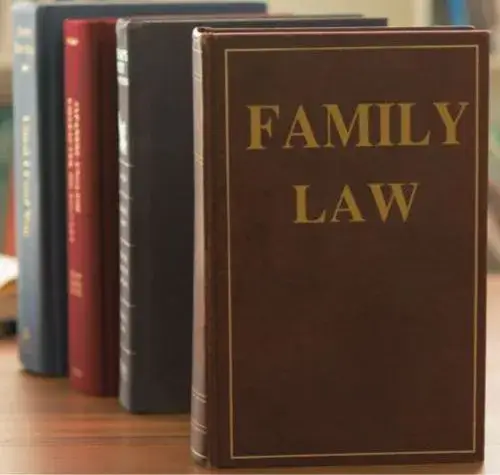
Schedule a virtual consultation with an Attorney
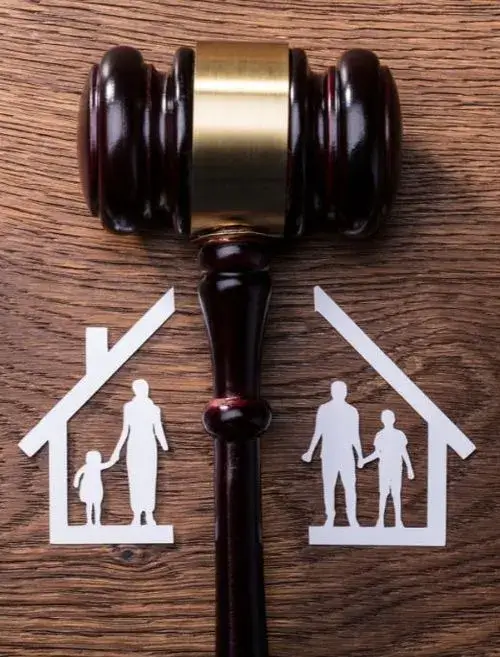
Annulment: Dissolving an invalid marriage with no lasting legal repercussions, and the court treats it as if it never occurred in the first place. The court may consider an annulment if you were married under one of the following circumstances:
- One of the spouses did not consent to the marriage.
- One spouse has a preexisting legitimate marriage, also known as bigamy.
- Both or one party was intoxicated or under the influence
- The ceremony was improperly conducted, like having a lack of a witness
- The relationship between the spouses is incestual.
Marital Property: In the confines of Louisiana law, the court recognizes any property obtained during the marriage as community property. Some things that fall under shared property include homes, bank accounts, insurance, debt, vehicles, and any business ventures. However, any property acquired by either of the former spouses after the legal termination of the marriage will not be considered communal.
Custody: A court-granted right and duty for a legal minor’s custody, supervision, and judgment. During a divorce, the court can divide the custody of a child between the legal parents or guardians in a few ways:
- Shared custody: both parents have equal time and authority
- Split custody: cases where there are multiple children and each parent has sole custody over one child or more.
- Joint custody: both parents have equal authority, but their individual time delegated to the child involved is not equal
- Sole custody: in situations where one parent is unfit to have custody over the child, the court grants the other parent full custody
Guardian ad litem: This is an unbiased individual appointed by the court to investigate a child’s condition and report their findings and assessment to the court on the best course of action for your child.
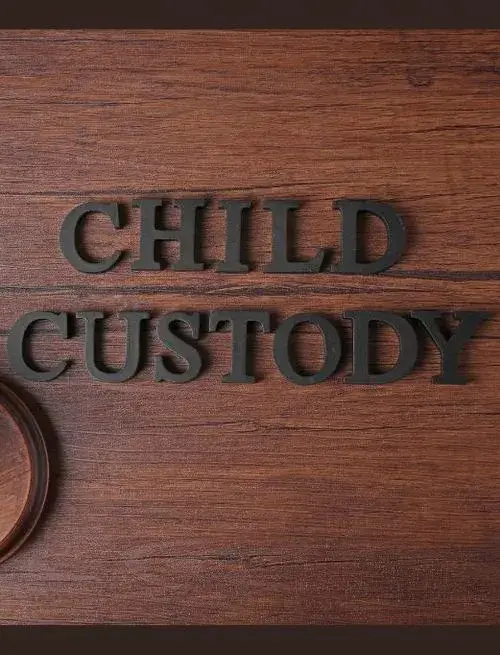
Our Results

Nationwide Immigration Services
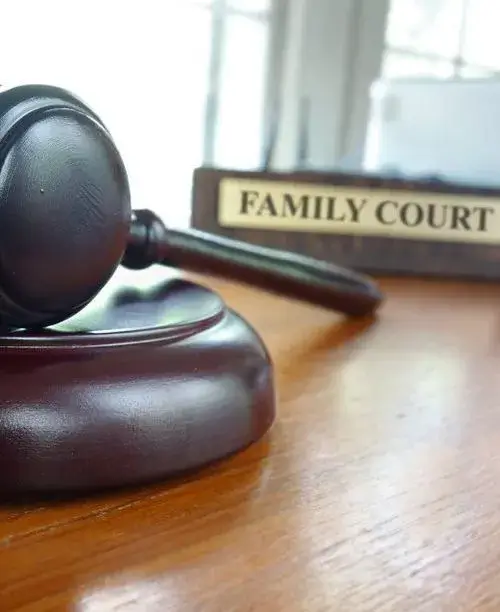
Paternity: This is the term used to identify the father of a child, used to solidify a legal relationship between the father and child in cases where the parents are not married. A child born to an unmarried mother has no legal father registered on its certificate unless the parents decide to legalize the paternity.
Protective Order: This is when the court demands one party to stay away from another party. Also commonly referred to as a restraining order, this acts as a preventive measure to stop or restrain an individual from inflicting harm on the person they are prohibited from contacting.
Child Support: This refers to when the court orders the noncustodial parent to give recurring payments to the parent with custody to help financially support a child who is a minor.
Spousal Support: When the court orders one spouse to pay alimony, which is financial support, to the other spouse during the divorce and, in some cases, afterward the proceedings.
Retroactive Support: Cases when the noncustodial parent or the spouse has to make payments or “payback” the other party for a period of time preceding the court order.
TPR (Termination of Parental Rights): When the court deems a parent unfit and revokes their custodial rights without written consent, so others may legally adopt the child.
Adoption: An adoption is when an adult legally takes custody, authority, and responsibility of a child who is not biologically their own. This process erases legal ties from the minor’s previous guardians and biological parents. An individual who wants legal authority and custodial rights over a child will file an adoption petition. The court sets forth an adoption decree if they agree to finalize the petition.
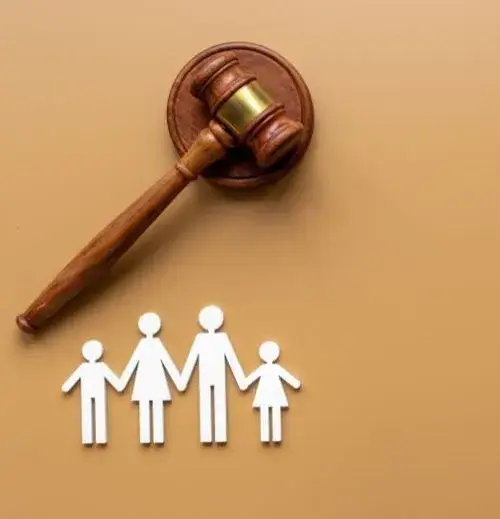
Frequently Asked Questions
Related Blog Posts
Meet David Rozas - Your Louisiana Family Law Attorney
Meet David, your trusted Louisiana family law attorney at Rozas, for compassionate legal guidance through your family-related legal matters. With years of experience in family law, David provides personalized assistance tailored to your specific needs. Whether you're navigating divorce, child custody, spousal support, or other family law issues, David’s in-depth knowledge of Louisiana family laws ensures your case is handled with care and professionalism.
Schedule a consultation below or call us at 225-341-6945 today to discuss your situation with a dedicated family law attorney in Louisiana who will be by your side every step of the way.


.svg)
























